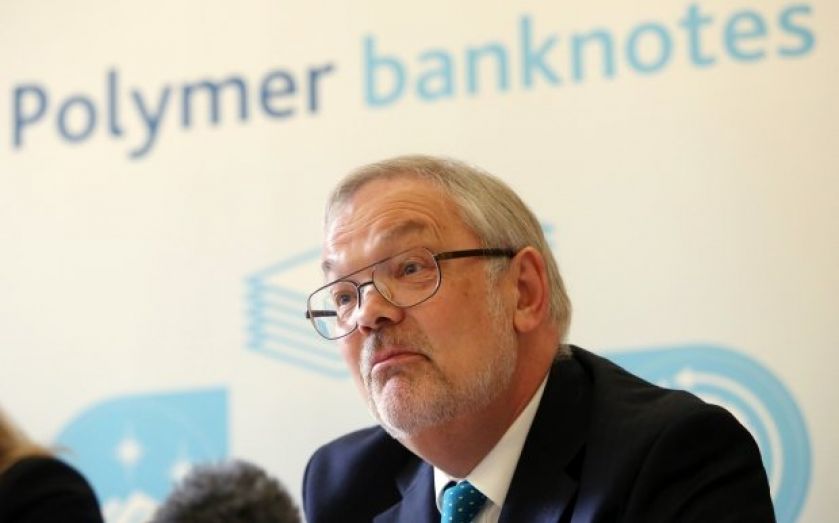What could shock the Bank of England into hiking rates this year?

The Bank of England's latest inflation report is out today – it's largely a steady-as-she-goes update from Threadneedle Street, but nestled at the back the Bank presents a potential upset to their forecast, which could prompt a rate hike sooner than markets expect.
The Bank’s outgoing deputy governor, Charles Bean, said that any estimate of slack was subject to a huge range of uncertainty – letting out his inner Hayekian for his last press conference, he said that assuming such things could be calculated was the pretence of knowledge.
This understanding of how much spare capacity there is in the economy determines a lot of the Bank's policy. If there is a lot, they can safely keep interest rates lower for longer without breaching their own forward guidance.
But the Bank is actually much more solid on their estimate of slack than business themselves, where projections vary hugely – not just as they would usually, but more than ever. Both surveys from the British Chambers of Commerce (BCC) and Confederation of British Industry (CBI) indicate that there is less spare capacity than the average between 1999 and 2007.
The Bank of England’s agents on the other hand, suggest capacity is still not used up, indicating slack in firms’ perceptions.

One of the little-noticed parts of the report is one of the Bank’s scenarios on page 45 – a scenario in which the BCC and CBI are closer to the mark, and there is much less spare capacity than the bank thinks within firms.
This would reflect some of the concerning suggestions from the construction sector that shortages are increasingly notably despite the relatively collapsed. In the scenario the Bank says inflationary pressures would be stronger than expected, as Henderson’s Simon Ward has suggested. Crucially, in this series of events, interest rates would rise more quickly than the current market path implies.
Right now, market projections put the first increase in bank rate less than a year away, in the first quarter of 2015. The chance that all the surveys start to align in seeing little to no slack at all now seems like the strongest possible way of prompting a rate during 2014 – governor Mark Carney made it as clear as possible this morning that he would look to every other measure before rate increases to stabilise volatile markets (in this case, in housing).
The set of circumstances isn’t the Bank’s primary forecast, but as Charlie Bean notes, the amount we actually know about whether the economy is operating at its fullest capacity is extremely limited. If the Bank’s survey of agents particularly starts to line up more closely with others, a rate hike this year is still a possibility.